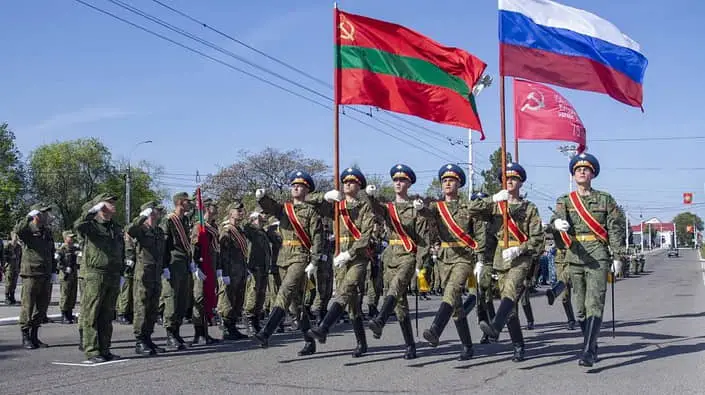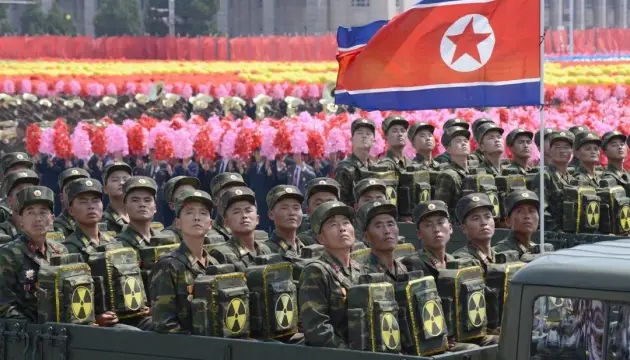Iran has directly and officially attacked Israel for the first time. Will this be the beginning of a new large-scale conflict?
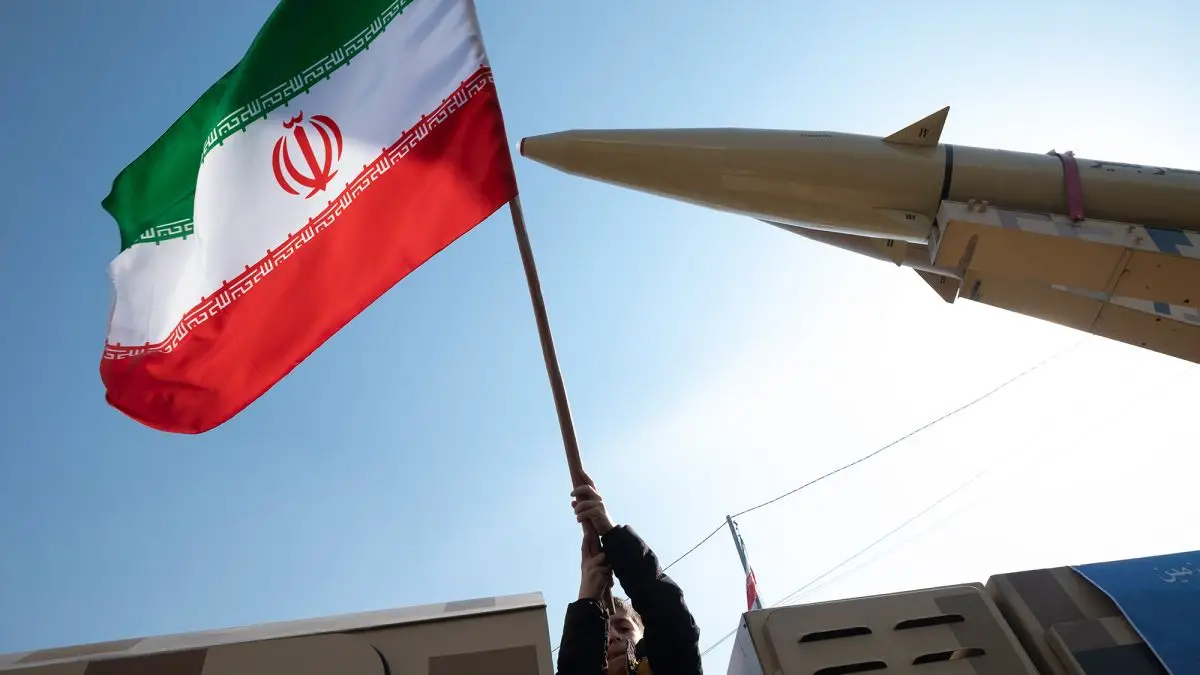
What can we expect in the region now and what do China and russia have to do with it?
On the night of April 14, Iran launched an attack on Israel, firing 300 missiles and drones into the country. According to representatives of the Israeli Defense Forces, 99% of the targets were shot down. The attack was reported by Axios journalist Barak Ravid, citing American and Israeli officials who claim that Iran fired dozens of drones at Israel.
Later, the Israeli Airports Authority announced the closure of the country's airspace due to the Iranian attack. Iraq, Lebanon and Jordan made a similar decision. According to Israeli Defense Forces (IDF) spokesman Daniel Hagari, 99% of more than 300 threats of various types, including attack drones, cruise missiles and ballistic missiles, were shot down. Some of the targets were shot down outside Israeli airspace, and most of the rockets were intercepted by the Arrow missile defense system.
"Last night, Iran launched an attack on Israel, firing over 300 threats of various types. They faced the air and technological superiority of the IDF, as well as a strong combat coalition that intercepted the vast majority of threats. We shot down 99% of the threats that were directed at Israeli territory, which is a very important strategic achievement", Hagari said.
The Nevatim air base in the south of the country was hit, but the damage was minor, and the air base is operating normally.
U.S. forces in the Middle East have intercepted more than 70 attack drones and at least three ballistic missiles that Iran and its proxies have fired at Israel. The ballistic missiles were intercepted from US warships in the Mediterranean, while the drones were shot down by fighter jets.
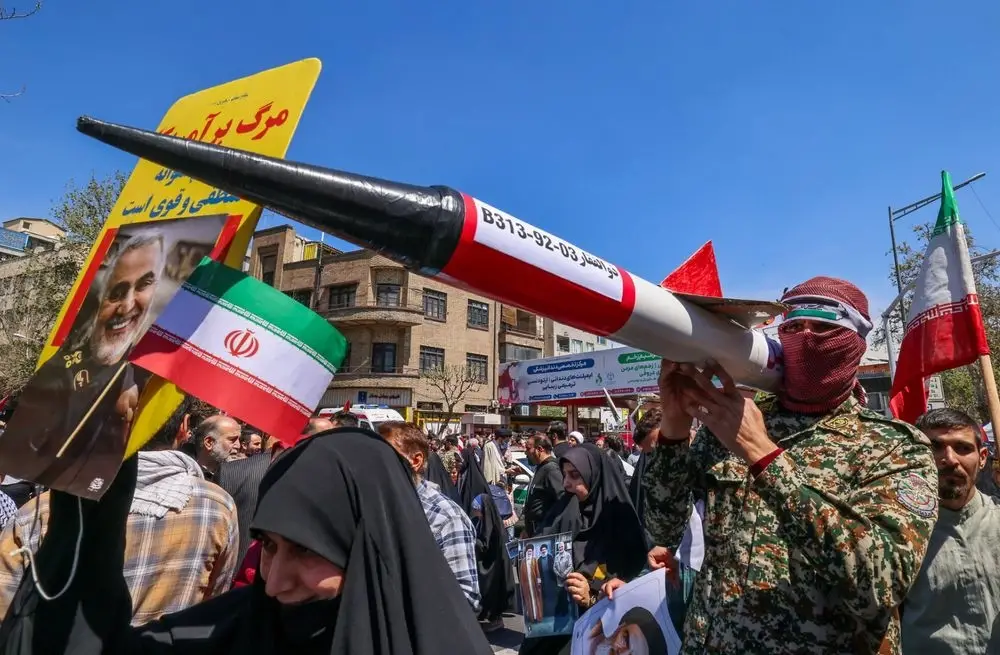
It is possible that Iran will strike again
The current attack is a test case. Much will depend on how successfully the cruise missiles, ballistic missiles and kamikaze drones fired by Iran will be destroyed. This is the first time that Iran has openly and officially attacked Israel. This may be the beginning of an Iranian-Israeli war that ceases to be a local conflict in the Gaza Strip.
The Islamic Revolutionary Guard Corps, which is the elite guard of the ayatollahs, the rulers of Iran, is present in South Lebanon, Syria, and probably even Iraq. This is important to consider in political analysis, as Jordan has already announced its readiness to shoot down air targets, while Iraq has refused to prevent Iranian attacks on Israel.
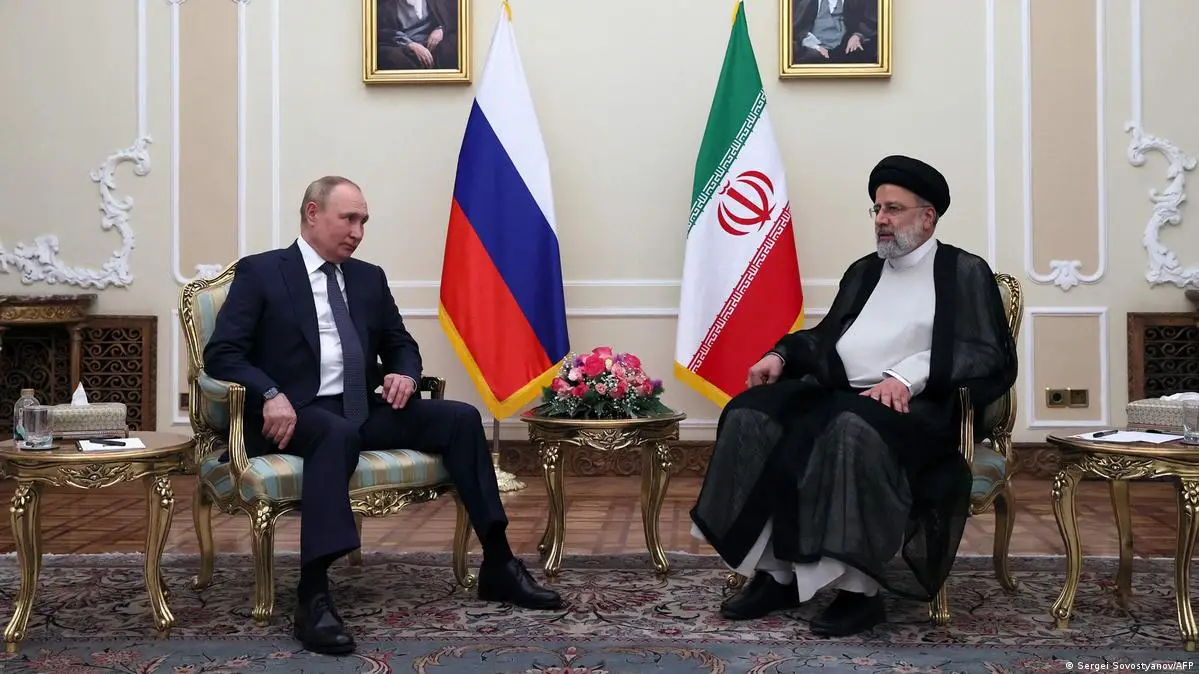
The role of russia and other totalitarian countries in this attack
Totalitarian regimes seek to demonstrate their military power and strength, reflecting the long-standing practices of Europe in the sixth and seventh centuries. The assertion that the strong are always right is manifested in the politics of intimidation, where totalitarian countries demonstrate their alliance against democratic states.
The world that was built after World War II during the 1945 San Francisco Conference is gradually disintegrating before our eyes. If the events in Ukraine and the russian-Ukrainian war are preliminary signals, we are now on the verge of a full-blown World War III.
Totalitarian regimes are now more united than ever. China recently expressed "deep friendship" with North Korea, expressing concern over russia's growing influence in the region. The visit of a senior Pyongyang official indicates Beijing's concern over the close relationship between Kim Jong-un and vladimir putin. Although China did not disclose details about the purpose of the visit, analysts see it as a response to russian influence in North Korea.
Analysts believe that the rapprochement between Kim and putin could undermine China's influence in North Korea. Beijing fears that with increased cooperation between russia and North Korea, the latter could acquire new technologies and weapons that would threaten China's security.
After Kim's meeting with putin in September, the russian leader is expected to visit Pyongyang this year. Such meetings indicate a rapprochement between Moscow and Pyongyang, which comes amid worsening relations between China and North Korea.
North Korean vessels have begun making regular trips to the russian Far East, which has caused concern among the international community. Experts believe that this may relate to the exchange of oil for weapons, which is a serious problem for China. Thus, the strengthening of relations between North Korea and russia is a serious concern for China, as it could undermine its influence in the region. But despite that, according to senior U.S. officials, China has been supporting russia's military actions in Ukraine, helping moscow in its largest military buildup since the Soviet era by providing drones and missile technology, satellite imagery and machine tools.
They said that US President Joe Biden raised the issue with Chinese President Xi Jinping during their recent phone call, and that it is a subject of discussion with US allies in Europe and around the world.
russia is currently trying to deepen cooperation with Iran in weapons development and training, which is causing serious concerns in the United States. In particular, russia is actively using Iranian drones to attack energy infrastructure, which has led to a humanitarian crisis in Ukraine.




